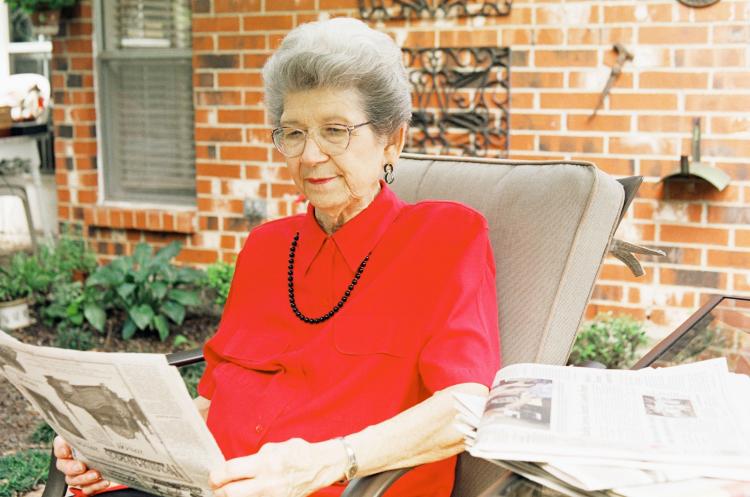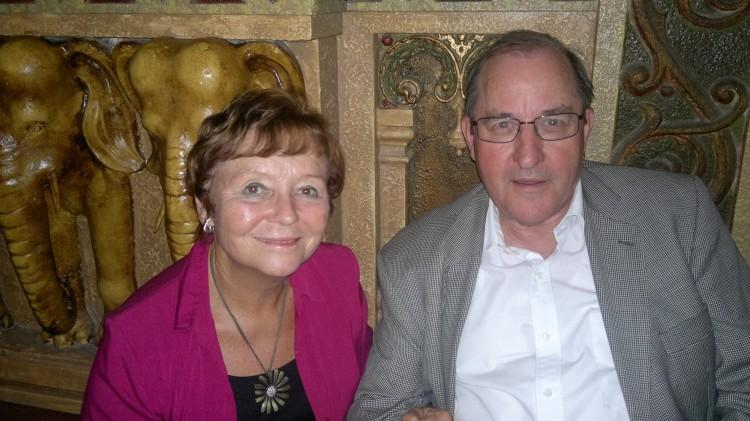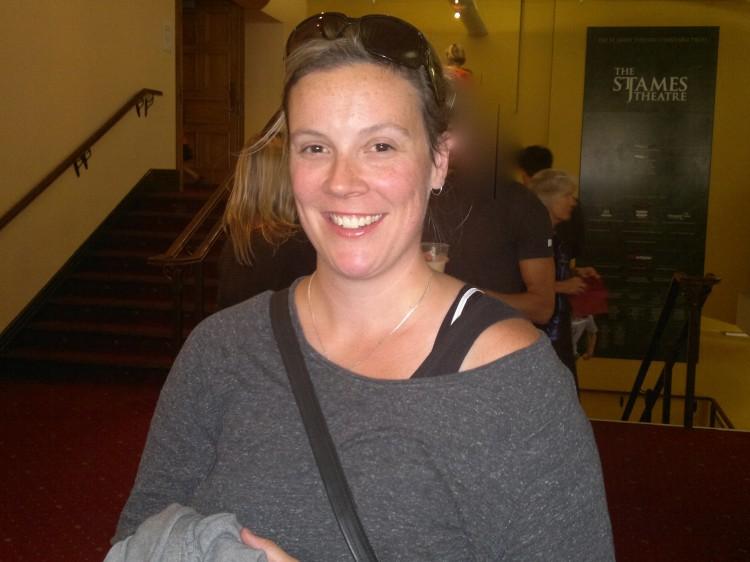Youth gangs and criminals are roaming the streets looking for vulnerable elderly people in order to fund their drug and alcohol addictions, Grey Power said in their latest press release.
The lobby group, set up to look after the welfare over people over 50 years, are asking politicians and the justice system to take a ‘no tolerance’ stand immediately.
One of the biggest issues for the elderly, is that “the elderly are being targetted in their own homes,” Grey Power Social Services spokesperson, Violet McCowatt said.
Criminals are identifying elderly, single people around shopping centres or outside banks and then follow them home.
“They keep a watch on them and when the time arises that is when they strike.”
Thieves steal their credit cards and then, posing as the police, ring the victim asking for the pin number, Mrs McCowatt said. Would-be tradesmen trick elderly people into paying for work in advance and then walk off after ten minutes and don’t come back.
“They are locking their doors, closing their windows, even to go to the clothesline.”
Fear of Crime Increases Anxiety
The fear of crime is causing a lot of anxiety, Mrs McCowatt said.
“If you have had a heart attack, you are told to do a lot of walking. You daren’t do too much walking, otherwise you don’t know who is following you. They [the elderly] are just sitting in a chair at home, dont get out, get exercise like they should do.”
Neighbourhood Support national manager Roger Eynon, said his organisation’s role is to work towards making streets and communities safe places to live in and the greater proportion of their members fall into the older age group.
The organisation also works toward reducing the “perceived level of crime”, Mr Eynon said.
“One of the funny things we have found is that those who stay in(side) sort of quake a little bit about the worries of what is outside.
“You talk to them about how they perceive about what can happen to them outside and they actually score higher on the negative scale than those that actually go out. Those that go out are not as afraid of the outside world as those who stay in and lock the door away from it.”
Robbery and Crime Spur Move
One 71-year-old former South Auckland resident says that the shock of having her home broken into and emptied made her focus a lot more on safety.
“I have always been very security conscious since then. I check everything twice before I go to bed.”
After observing the increasing violence on the city streets—groups of schoolboys taking money off younger boys, and changes in the ethnic make-up of the area—she moved to Tokoroa where she lives in a four-unit complex.
“We all look out for one another,” she said.
Some high-profile reports in the last twelve months, where elderly people have been targetted, include 80 year old Yin Ping Yang who was beaten in her Manurewa home and later died of her injuries.
At the end of last year, an elderly lady in Matamata had her handbag stolen after thieves had watched her withdraw money from a cashflow machine. They later used her credit card to withdraw money from her account.
Earlier this year in Tauranga, 83-year-old Eric Williams was attacked at home by three men who took two cellphones and forty dollars.
Crime Rate Against Elderly Not Highest
Age Concern encourages people to take sensible precautions but not be disempowered by the fear of crime. Popular perceptions of ‘endangered oldies’ don’t reflect the truth, they say on their website. The Ministry of Justice New Zealand Crime & Safety Survey 2006 found that people aged 60-plus are the least likely to experience crime.
The Ministry of Social Development (MSD) says evidence suggests that people show more anxiety and fear over being robbed than they do of experiencing violence.
According to their 2008 Social Report, 30 percent of all homes in New Zealand had experienced burglaries, vandalism or some other criminal offence.
Drug and Alcohol Factors
Grey Power Law and Order spokesperson, Roy Reid, attributes the problem to drug and alcohol abuse by the younger generation.
Older people suffer depression and fear at the thought of being a victim of a home invasion. Lesser crimes such as knocking on doors late at night, stone-throwing and name calling cause further anxiety.
Much of the violence is mindless and done for ‘a bit of a laugh’, says Mr Reid.
“There was one lady’s pot plants all down the street, all broken and damaged. Another lady had a broken window at one o'clock in the morning. They had all their vegetables pulled out of the vegetable garden—and left there.
“There are plenty of elderly people who lock themselves in their home 24 hours a day. It is not only in the big cities... it is even in the very small rural communities.”
Older people are often loathe to accept or ask for help, Mr Reid said.
“The biggest problem is their independence—the elderly will not tell you that they are not all right.You go and talk to them and they will not admit it—they just say, ‘oh well, we are okay.’ But they are not okay.”
“I think if police were seen on the street more, it would be a help.”





